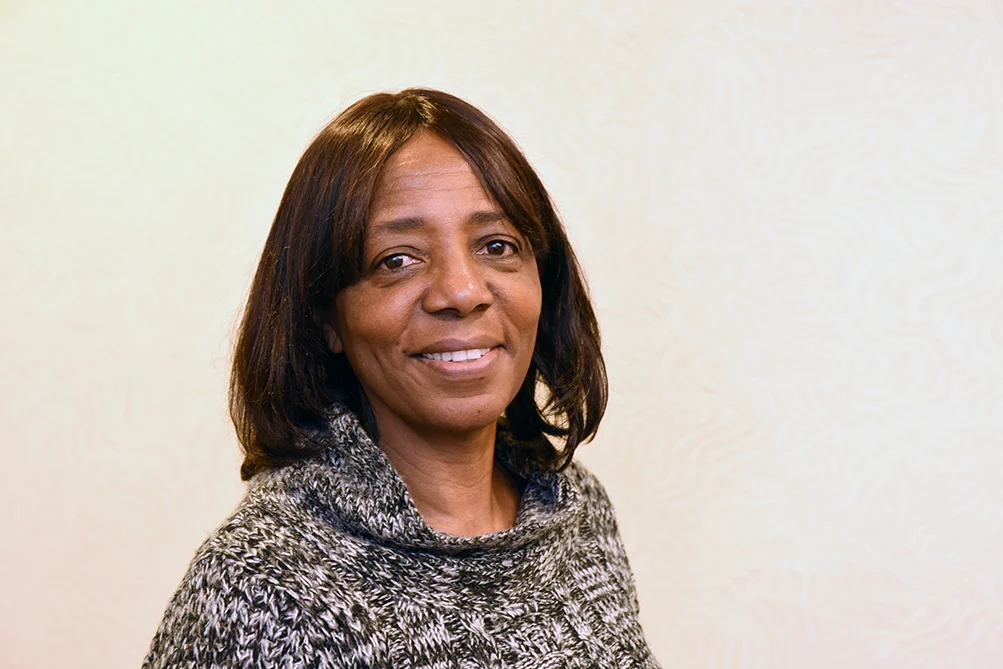Role models and the trailblazers who inspired them
February 25, 2017
The number of Blacks making films in Canada in the 1970s was infinitesimal.
Fil Fraser was one of the few writing, producing and directing documentaries for television.
Before that, he was Canada’s first Black broadcaster, beginning his career as a teenager hosting an afternoon adolescent program on CJAD before working with late legendary hockey broadcaster Foster Hewitt on his CKFH station in Toronto in 1951.
When asked who blazed a trail for him, the answer is easy for retired Canadian television journalist Jojo Chintoh.
“Fil Fraser not only blazed a trail for me, but he did so in radio, TV and film during a period in our recent history when a Black voice in those mediums was a big deal,” said Chintoh at last week’s Historica Canada Black History Month event titled, ‘Black Canadian Trailblazers: Then and Now’.
Migrating from Ghana in 1969, Chintoh was City Pulse’s first Black reporter when he joined the station in 1978.
“When I started in TV, there was hardly anybody that looked like me,” he recalled. “Fil started 27 years earlier. This was a Black man with a high school education at the time and a desire to be the best he could.”
Fraser went on to complete a psychology degree at McGill University, chair the first Alberta Film Festival, serve as the Alberta Human Rights Commission chief commissioner for three years and president and chief executive officer of Vision TV for five years and receive induction into the Order of Canada. He also wrote, ‘Running Uphill: The Fast, Short Life of Canadian Champion Harry Jerome’.
Canadian Football League (CFL) commissioner Jeffrey Orridge, spoken word artist Dwayne Morgan, university professor/dub poet Dr. Afua Cooper, opera singer Measha Brueggergosman and Wanda Robson, the sister of Viola Desmond who was recently selected to be featured on the new $10 banknote expected to be released in late 2018, joined Chintoh as featured speakers at the Black History Month celebration attended by mainly young people.
Her hero and trailblazer for refusing to sit in a New Glasgow theatre balcony section designated for Blacks 71 years ago, Robson said she learnt of the incident the next day while at work.
Wanda Robson
“My co-workers greeted me with, ‘Was that your sister’?”, she recalled. “I said ‘yes’. When I learnt she went to jail, my first reaction was, ‘What did she do wrong’? It never crossed my mind what was done to her. I thought about it and dismissed it then which I am embarrassed to say. But eventually, I got what she had done and I am so proud of that woman.”
Desmond sat on the ground floor reserved for White patrons. She had gone to the Roseland theatre to pass time while her car was being repaired.
After being forcibly removed from the theatre and arrested, Desmond was found guilty of not paying the one cent difference in tax on the balcony ticket from the main floor theatre ticket and fined $20 and $6 in theatre court costs.
Cooper, the James Johnston Endowed Chair in Black Canadian Studies at Dalhousie University in Halifax, said Bob Marley and Usain Bolt were the names that first came to mind when she was asked to identify her trailblazer.
Dr. Afua Cooper
“However, before they came on the scene, there was Louise Bennett-Coverley,” she noted. “In fact, I often declare that she made Bob Marley possible.”
Miss Lou, as she was affectionately called, spent the last 20 years of her life in the Greater Toronto Area before passing away in 2006 at age 86.
Cooper said the folklorist and cultural ambassador had a vast influence on Jamaica’s literary culture.
“Miss Lou began writing and performing in the Jamaican language (patois) before it was popular to do so and, in fact, faced derision as a result,” she said. “I grew up hearing her on radio and seeing her on stage and TV performing her patois poetry. She insisted that the way people spoke was legitimate and beautiful and that the Jamaican language was one just like English and French.
“While growing up in Jamaica, Miss Lou was an everyday part of my life and the lives of several generations of children. She opened my consciousness to what was possible in art, literature, anthropology, history and life. She made me realise that I could use patois as literature and poetry…When we began to write, record and perform a genre of poetry that we called ‘dub’, it was Miss Lou to whom we paid homage.”
Twenty four years ago, Morgan launched his artistic career while enrolled at Dr. Norman Bethune Collegiate Institute.
Dwayne Morgan
As president of the Scarborough high school’s Black Students Association, he wrote poetry for performances at talent shows and during Black History Month. He also founded Up from the Roots Entertainment Inc. in 1995 while still in school to promote the positive artistic contributions of African-Canadian and urban influenced artists.
“Back then, I was a shy young man on stage with no desire to be a trailblazer of any sort,” Morgan said. “I was just trying to speak and hoping that someone would listen. The mainstream literary world was not accepting to the voices and stories of me and other first generation Canadians. It was extremely difficult because here I was wanting to be a poet and wanting to be accepted and they were telling me I am not really a poet and what I was doing was spoken word.”
Unable find a book publisher, he self-published his first poetry book and sold copies out of his car trunk.
“When people wanted to listen to my poetry, I convinced my supporters to pay $10 in advance with the promise that I would produce an album and that was long before crowd funding came into existence,” said Morgan who was inducted into the Scarborough Walk of Fame in 2013. “As I got the opportunity to travel the country, people would come up to me and say, ‘I like your poetry, but I don’t have any money on me’. So I became one of the first artists to travel with a debit machine.”
A member of the Writers’ Union of Canada, Morgan – who recently launched a mobile app – singled out long-time Ontario College of Art & Design (OCAD) University professor and dub poet Lillian Allen as his trailblazer.
“Every time I am around her, she would always pull me aside and whisper words of inspiration and encouragement,” he added.
The CFL’s first Black commissioner, Orridge said his inspiration was more than a person.
“In my case, I was also inspired by a moment, an institution and an idea,” he said. “The person was Warren Moon, the moment was with my father, the institution was the CFL and the idea was fair opportunity.”
Jeffrey Orridge
During the National Football League strike in 1982, Orridge – who was raised in Queen’s New York – was sitting with his father watching a CFL game involving the Edmonton Eskimos when his dad pointed out that the team’s quarterback was Black.
“My dad told me that in the CFL in Canada, if you are qualified, you could play any position, including quarterback,” he said.
Brueggergosman, who seven years ago underwent open-heart surgery to repair an aortic tear, said her father – Rev. Sterling Gosman – is her trailblazer.
Measha Brueggergosman
A CBC employee for 33 years before retiring in 1977, Gosman graduated from Acadia Divinity College a decade ago and was ordained a pastor the following year at New Minas Baptist Church in Nova Scotia.











